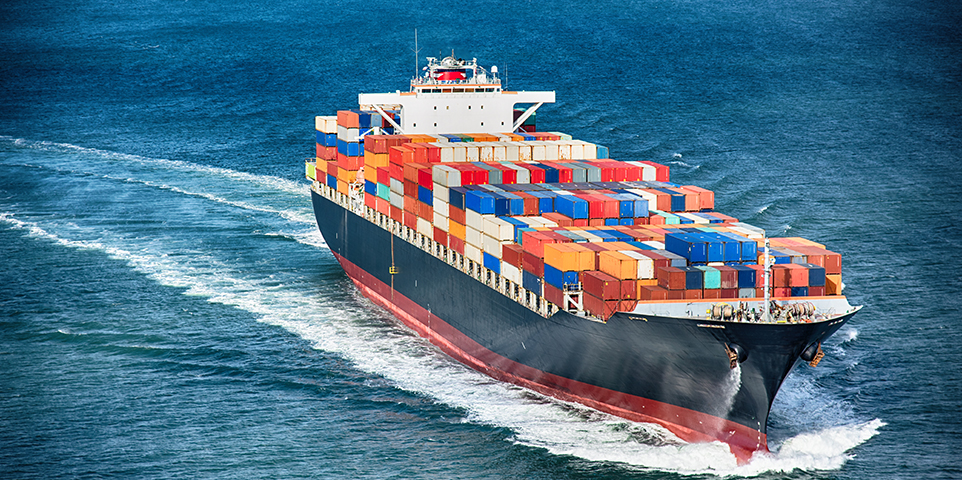MEMBERSHIP
AMPLIFY
EN ESPAÑOL
Connect With Us
- Popular search terms
- Automobile
- Home + Renters
- Claims
- Fraud
- Hurricane
- Popular Topics
- Automobile
- Home + Renters
- The Basics
- Disaster + Preparation
- Life Insurance

If you operate a marine business or regularly ship cargo overseas, you should consider purchasing ocean marine insurance. The following types of businesses are especially exposed to maritime risk and may need specialized marine coverage:
Marine insurance is a broad category that includes several types of specific coverage. An insurance professional who specializes in marine insurance can walk you through potential risks and available insurance products. Key coverages include:
Additionally, shipyards, terminals and other marine facilities often purchase specialized “bumbershoot” policies, which provide umbrella coverage for a range of risks, including liability, collision and salvage costs.
Marine insurance policies include limitations in coverage amounts and types of incidents covered. While certain events may not be covered by a standard policy, you may be able to supplement your policy with special riders or endorsements. Exclusions may include losses caused by:
Bear in mind, too, that marine cargo insurance covers losses when products are transported overseas by ship or airplane. That coverage ends when products continue their journey overland by rail or truck. To continue coverage for ground transportation, you’ll need an inland marine policy. Some insurers also offer worldwide cargo policies that combine all forms of transit. Talk to your insurance professional about the best options for your business.
Note also that specific war risk insurance is available to both marine and aviation businesses. This type of policy covers damage due to acts of war, including invasion, insurrection, rebellion and hijacking. Some policies also cover damage due to weapons of mass destruction. The majority of ships are insured against piracy under their war risks coverage; however, stand-alone piracy coverage is also available. In some cases, the risk of piracy may be covered under a ship’s Hull and Machinery (H&M) policy.